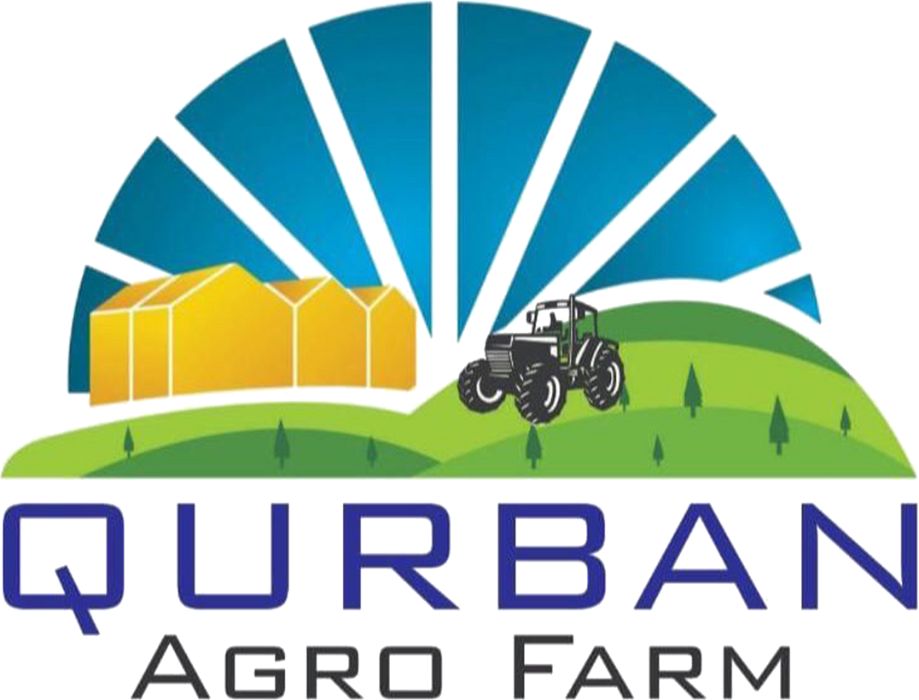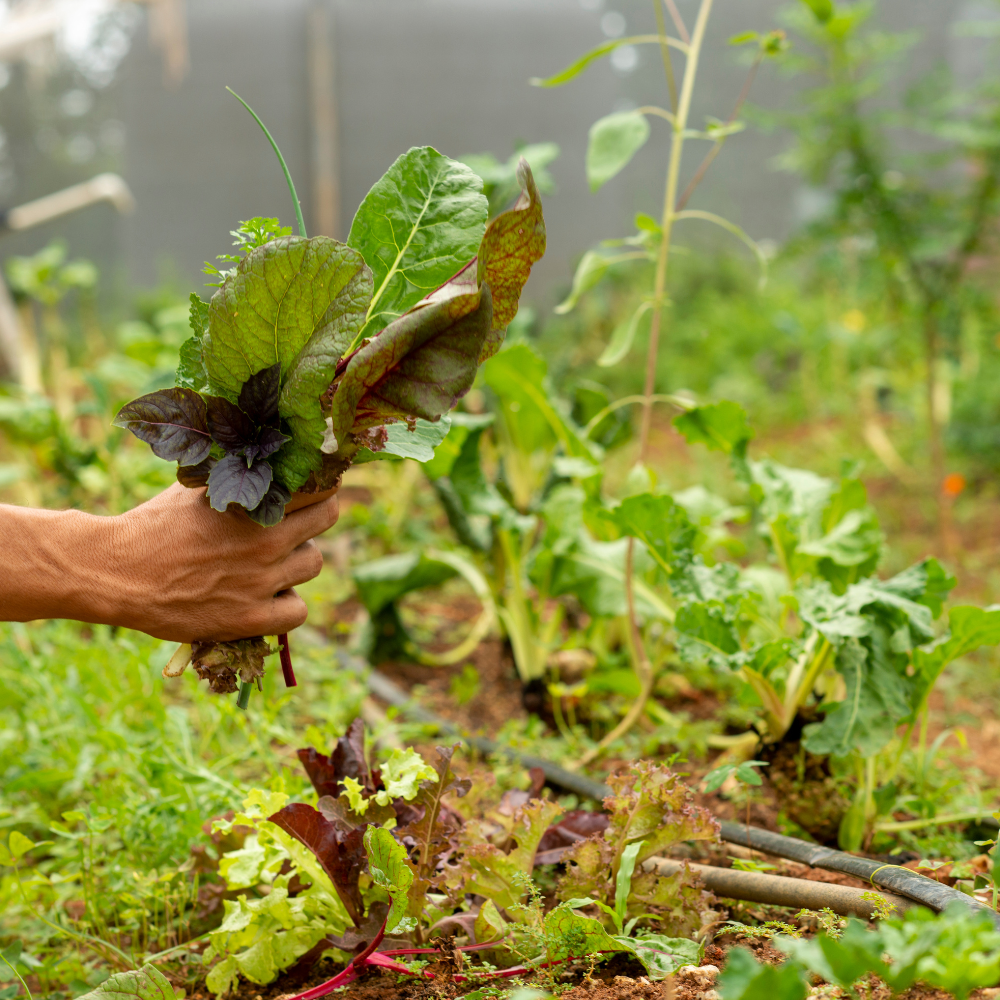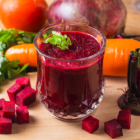One of the most important agricultural activities is the vegetable farming in Pakistan. It is an essential component of Pakistan’s economic stability and food supply. The climate of Pakistan varies from arid to temperate and this makes it possible to grow a number of vegetables all year round. There are various methods of vegetable farming in Pakistan being utilized by farmers.. Most of them are based on the region’s environmental conditions and the kind of vegetables they grow.
In this article, we will discuss the various techniques for vegetable farming in Pakistan including traditional farming, tunnel farming, hydroponics farming, and organic farming.
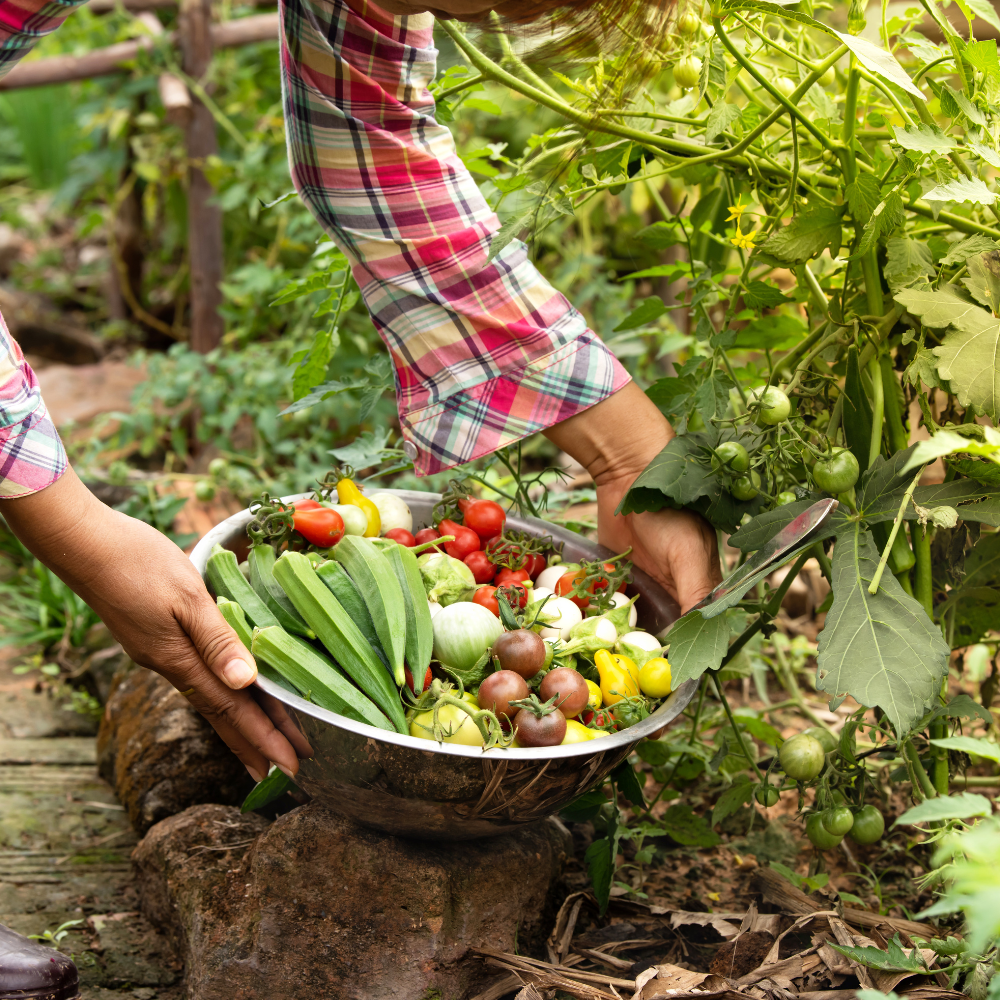
Methods of Vegetable Farming in Pakistan:
Traditional Farming:
Most of the vegetables are grown by conventional farming systems in Pakistan. This method depends majorly on the natural resources that are freely available to farmers such as soil and rainfall. Stakeholders apply basic implements and procedures handed down to them by previous generations of farmers. As you know traditional farming, the choice of the crops depends on the certain season and the climate. For example, vegetables such as potatoes, onions, tomatoes, and spinach are taken from December to February in Punjab and Sindh; Okra, Eggplant, and Cucumbers are also planted from June to August.
Some of the conventional practices include tillage, planting seeds, and providing water for crops through water channels or bore wells. The methods involve the use of chemical fertilizers and pesticides in order to increase yields and guard against pests. However, if used improperly, these inputs can result in soil degradation and contamination of the environment.
Tunnel Farming in Pakistan:
The tunnel farming which is also referred to as high tunnel or polytunnel farming is emerging as a popular technique in Pakistan to produce vegetables during an extended period. it involves the use of planned tunnels whereby crops are grown within a controlled environment with the help of a plastic cover. The main advantage of tunnels is the ability to cover crops from frost during winter or hot weather during summer thus enabling the farmer to grow vegetables during the off-season.
Tunnel farming is most effective in mother crops such as tomatoes, cucumber, and bell peppers among others. By growing crops inside the tunnels, temperature, and humidity are well controlled to ensure the growth of the crops and high yields are achieved. Furthermore, tunnel farming means the minimum utilization of chemical pesticides since many kinds of pests cannot penetrate through the tunnel. There are three types of tunnel farming practiced in Pakistan:
- Low Tunnel Farming: Ideal for crops that don’t need much protection for most part of the year like spinach and strawberry, among others.
- High Tunnel Farming: Able to accommodate more plant mass such as tomatoes and peppers and are able to control the environmental factors better since they can be raised to a specific height.
- Walk-in Tunnel Farming: These are huge channels in the farms through which the farmers can get in and also monitor the crops with ease. This method is appropriate for large-scale production of vegetables for commercial markets.
Benefits of Tunnel Farming:
The benefits of tunnel farming include:
– Extended growing seasons:
Tunnels allow crops to be grown year-round, regardless of weather conditions.
– Protection from weather extremes:
Crops are shielded from harsh conditions like heavy rain, wind, and frost.
– Improved pest control:
Tunnels create a barrier against many insects and diseases.
– Higher yields:
The controlled environment leads to faster plant growth and higher productivity.
– Water efficiency:
Tunnel farming can reduce water usage by minimizing evaporation and enabling targeted irrigation.
– Better crop quality:
The controlled temperature and humidity inside the tunnels help produce higher-quality fruits and vegetables.
Hydroponics:
Hydroponics is one of the newest techniques of vegetable farming, which is gradually entering Pakistani agriculture. This method is a technique of producing vegetables without soil. However, they are produced in nutrient solution. Hydroponics is particularly applicable where soils are unfavorable or where there is limited coverage of land for farming.
Similar to open hydroponics, closed hydroponics can accommodate various vegetables such as lettuce, spinach, tomatoes, and a variety of herbs. The technique can yield large output within a short span of time and limited space, and is therefore suitable for compact farming, for instance in cities or by farmers eager to make the most of small land.
However, the costs of initial setting and technical know-how required to set up hydroponics is high which has remained a thorny issue in the utilization of hydroponic systems in Pakistan.
Organic Farming in Pakistan-Organic Vegetable Farming in Pakistan:
Its importance is improving in Pakistan because the current generation of people is more conscious about their health and their environment as compared to previous generations. Organic vegetable farming also does not include the use of synthetic fertilizers, pesticides, and genetically modified organisms (GMOs). As such, it depends on natural organic matters such as compost, manure, and biocontrol agents for the supply of nutrients as well as the control of pests.
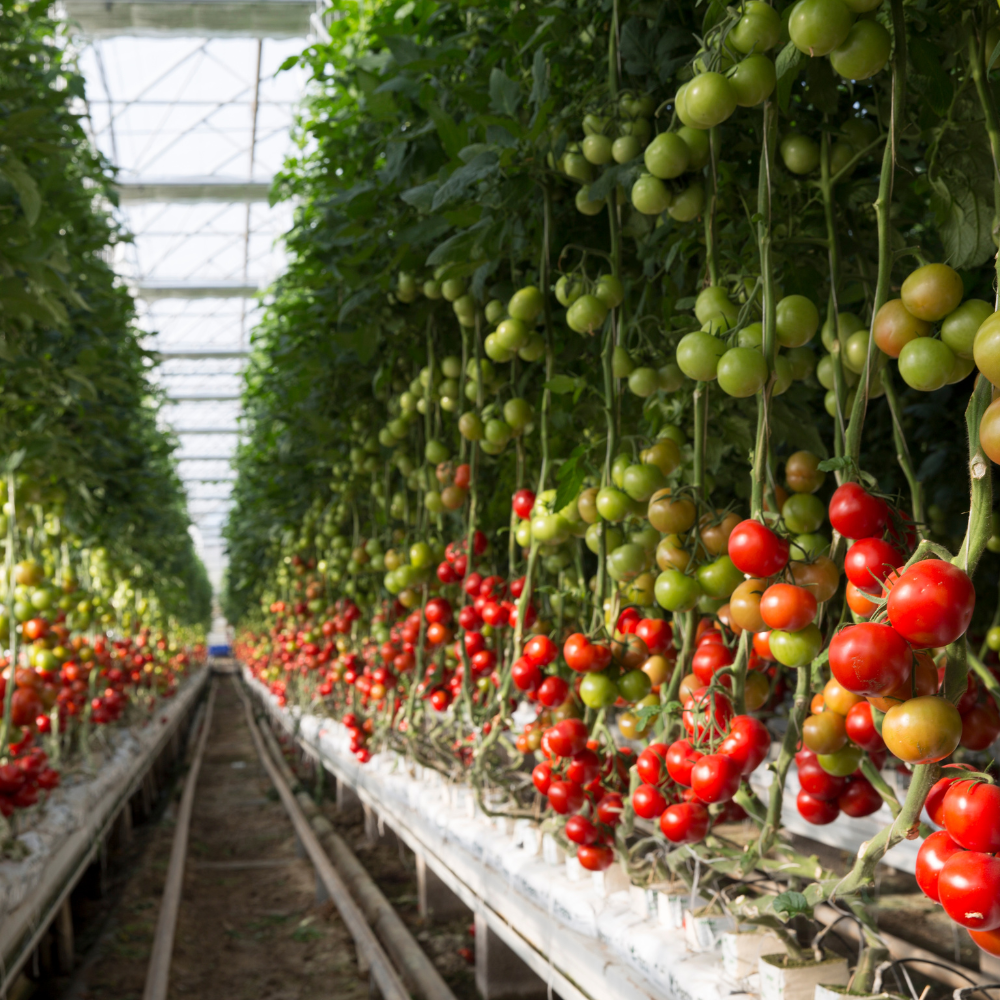
The practices in organic farming range from crop rotation, intercropping, and the use of cover crops as this improves the soil fertility and adversities of pests and diseases. They also apply natural insect repellents, for example, neem oil or garlic juice to keep away pests that ravage farming products.
The awareness for organic vegetables is rising, especially in Pakistan’s larger cities, customers are willing to spend extra bucks on pesticide-free vegetables. Nevertheless, the organic farming method is more labor-consuming and requires more effort to manage soil fertility and pest infestation than the conventional farming method.
There are many types of vegetables being grown in Pakistan and this sector of farming has proved to be very versatile in response to the population and other possible changes. Though conventional or conventional open-air cultivation is still dominating the supply of vegetables, new techniques such as tunnel cultivation, hydro-cultivation, and organic farming are slowly but surely becoming the trends. They are focused on producing higher quantities of vegetables of improved quality, the utilization of better techniques, and environmentally friendly apparel. With time, these methods are developing and are being accepted. Moreover, it will revolutionize the productivity and sustainability mechanisms of vegetable farming in Pakistan.
Frequently Asked Questions:
What are the most commonly grown vegetables in Pakistan?
The most commonly grown vegetables in Pakistan are
- Tomatoes
- Potatoes
- Okra
- Onion
- Garlic
- Brinjal
- Carrot
Which Vegetable is most profitable to grow in Pakistan?
The most profitable vegetable to grow in Pakistan is Potato.
Which is the most preferred method of vegetable farming in Pakistan?
The most preferred for vegetable farming in Pakistan are either tradtional farming methods or organic farming.
What is Tunnel Farming?
Tunnel farming is a method of growing crops in controlled environments using long, tunnel-like structures made of plastic or polythene. These tunnels protect plants from extreme weather, pests, and diseases, allowing year-round cultivation and improved crop yields. It is commonly used for growing vegetables, fruits, and flowers.
